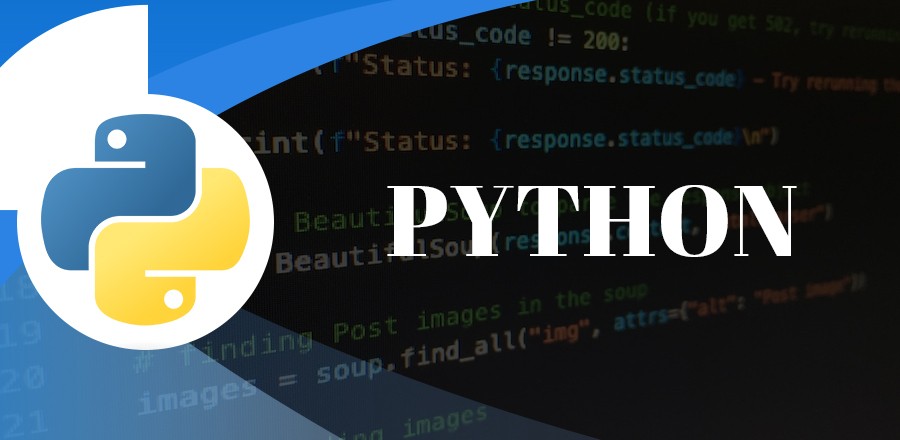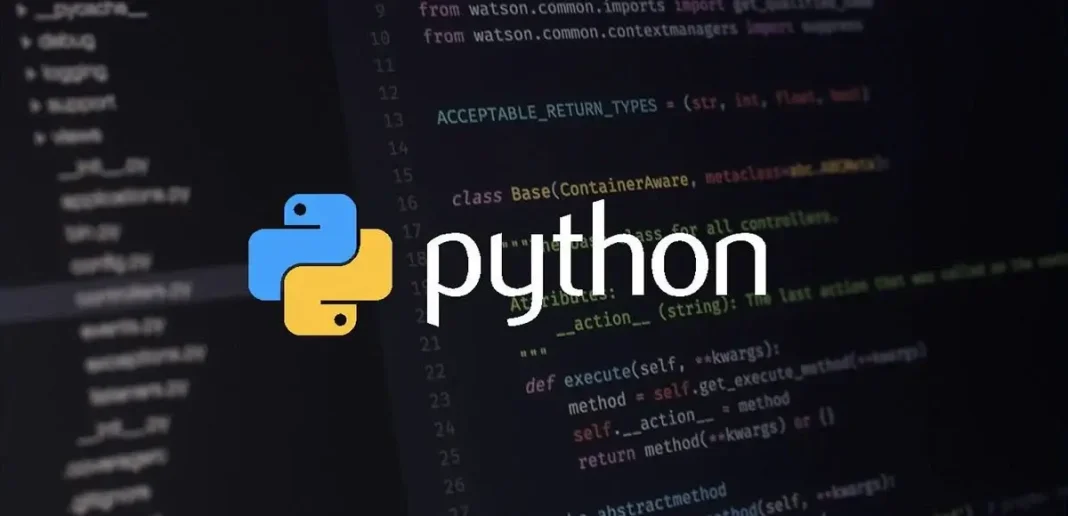Python in the Corporate Sphere: Enhancing Business Processes
Python is not just a simple high-level and interpreted programming language; it’s a powerful tool that businesses across the globe are leveraging to enhance their operations. Known for its simplicity and versatility, Python has become a favorable choice in the corporate sphere, particularly for its capabilities in simplifying complex tasks, automating repetitive tasks, and facilitating data analysis and visualization.
Enhancing Business Processes with Python
Python offers immense benefits for businesses, particularly in simplifying complex tasks. Its readability and simplicity enable developers to write reliable systems quickly and efficiently. Repetitive tasks can be automated with Python, freeing up precious human resources for more strategic and cognitive tasks. Its extensive libraries and tools for data analysis and visualization make it an excellent choice for businesses dealing with large sets of data. In this section, we will dive into real-world examples of how Python has been successfully implemented in the corporate sphere and how businesses have benefited from it.
Steps to Integrate Python into Business Processes

So, how can businesses integrate Python into their processes? The following are some steps that can be followed to make the integration smoother:
- Identify areas where Python can bring value – Businesses need to first identify tasks or processes that can benefit from automation and data analysis.
- Determine if existing systems are compatible with Python – Before implementing, businesses should analyze if their existing systems can support the integration of Python.
- Evaluate available libraries and tools – Python has a vast library of tools that cater to various business needs. Businesses should evaluate which libraries and tools are best suited for their requirements.
- Training employees – Employees need to be trained on how to use Python effectively for their tasks. This can be done through online courses, workshops, or hiring external trainers.
- Collaborating with developers – Businesses can collaborate with experienced Python developers to build custom solutions tailored to their specific needs.
- Implementing secure coding practices – With the integration of any new software comes the risk of security vulnerabilities. Businesses need to follow secure coding practices while implementing Python into their processes.
- Regular updates and maintenance – Python is a constantly evolving language with regular updates and improvements. Businesses should stay updated with these changes and perform regular maintenance to keep their systems running smoothly.
By following these steps, businesses can successfully integrate Python into their processes and reap the benefits it has to offer. Let’s take a look at some real-world examples of how companies have utilized Python for automation and data analysis.
Python’s Scalability and Business Applications with Python for Business
Python’s scalability stands out as a substantial advantage for businesses. As organizations experience growth and evolution, the need for their systems and processes to adapt becomes crucial. This is where Python’s scalability proves exceptionally valuable. With Python for business, companies can seamlessly support their growth trajectories without the concern of software limitations hindering progress. The language is crafted to efficiently handle increased workloads and complexities, ensuring that applications remain robust and reliable, even in the face of expanding user bases or rising data volumes. Furthermore, Python’s seamless interaction with other programming languages adds to its scalability, making it a versatile and optimal choice for businesses aiming for continuous growth and development.
Regarding business applications, Python for business finds widespread use in automation, data analysis, and machine learning. Numerous companies have harnessed the language’s capabilities to streamline laborious manual processes, enhancing overall efficiency. For instance, Dropbox extensively utilizes its infrastructure automation. Netflix, on the other hand, has constructed an advanced analytics platform with Python, enabling them to analyze user behavior and preferences. Similarly, Instagram relies to power its recommendation system, while Pinterest employs it to personalize content for its users.
How to Implement Python in Your Business
Implementing Python in your business is a strategic process that involves understanding your needs, training or hiring Python experts, and integrating Python into your existing systems. Overcoming potential challenges like resistance to change and integration issues requires a strategic and patient approach.
- Understanding Your Business Needs: Evaluate your business processes to understand where Python can be beneficial. This could be in data analysis, automation, or machine learning, depending on your industry and specific business model.
- Training or Hiring Python Experts: Depending on your resources, you may choose to train your existing staff or hire new Python experts. Either way, having skilled Python developers is crucial for successful implementation.
- Integrating Python into Existing Systems: This step involves working closely with your IT department to ensure a smooth integration of Python into your current systems. Proper planning and testing can eliminate potential issues and ensure a successful implementation.
- Overcoming Resistance to Change: Introducing any new technology in a business can be met with resistance. It’s important to communicate the benefits of implementing Python to all stakeholders, ensuring they understand the reasons behind the change and how it will contribute to the growth and efficiency of the business.
Future Perspectives

Python for business’s future in business seems promising. As businesses continue to embrace digital transformation, the demand for Python, known for its capabilities in machine learning and artificial intelligence, is expected to rise. Its growing importance is evident in various industries, including finance, healthcare, and technology. As more businesses recognize the value of Python, the demand for skilled professionals will also increase.
Conclusion
In sum, Python plays a significant role in enhancing business processes by simplifying complex tasks, automating operations, and providing powerful tools for data analysis. The successful implementation of Python in leading corporations is a testament to its potential. Embracing Python in your business operations could indeed be a strategic move toward achieving operational excellence and staying competitive in the digitized business landscape.
